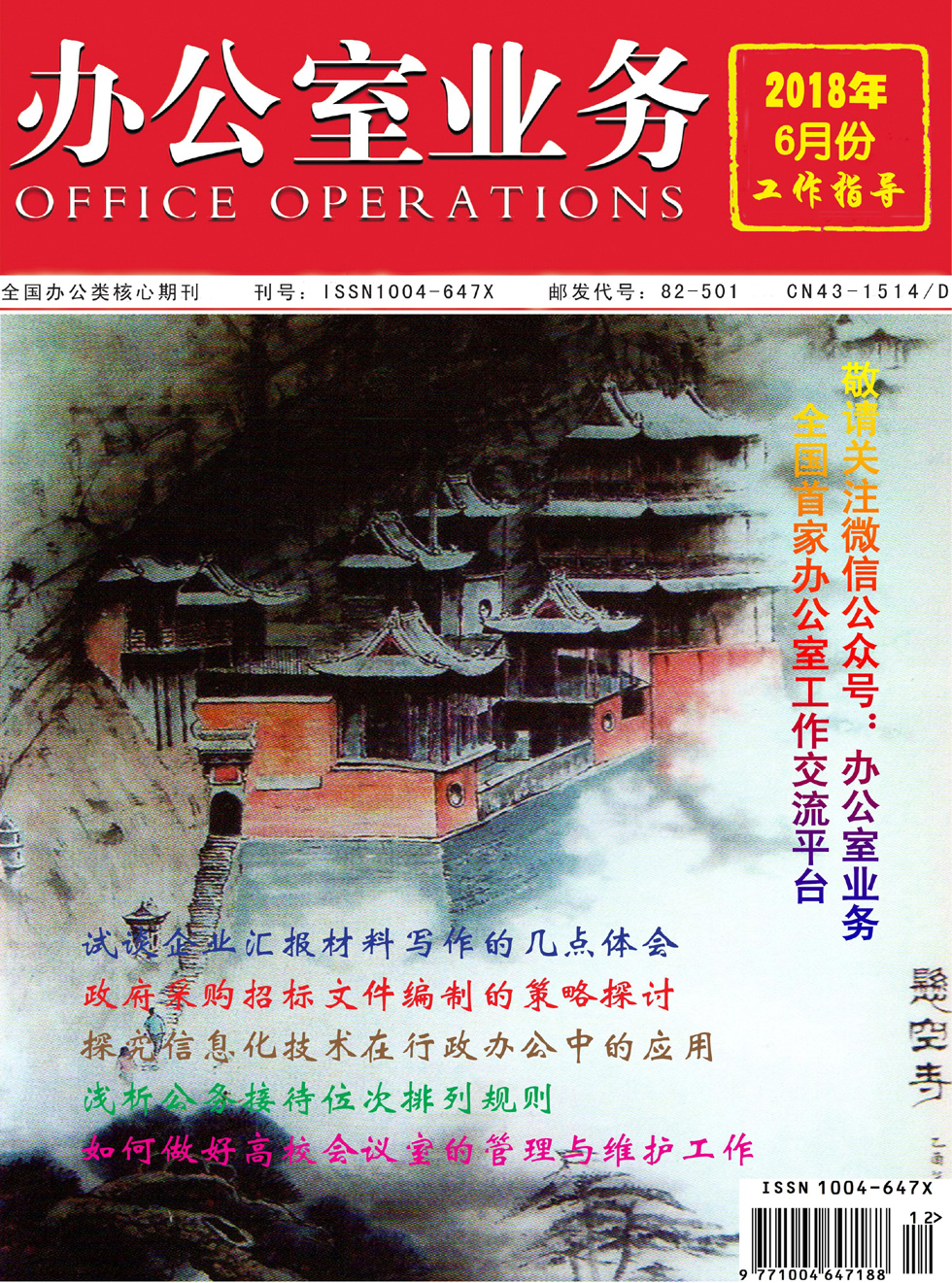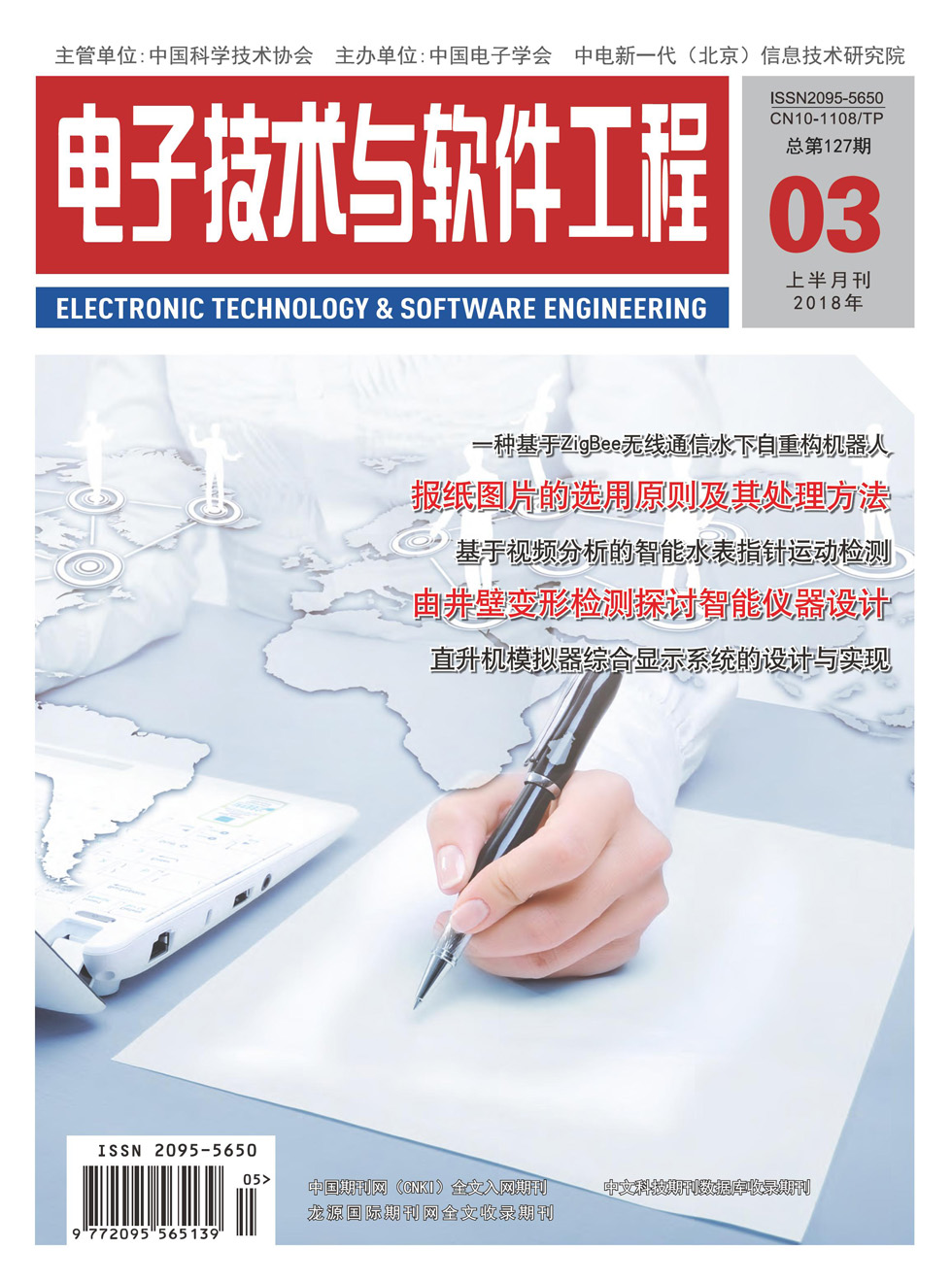Lesson and Enlightenment of Economy Development in Malaysia
摘要:马来西亚的经济曾经发展得很好,吸引了世界许多经济学家的注意,尽管受到金融危机的冲击,马来西亚的经济不仅恢复发展势头,而且成功渡过它的转型期,形成了自已的特色。在这个过程中,有很多值得其他国家借鉴的经验,特别是中国。本文对此多角度论述,希望对中国的经济发展有启迪作用。
关键词:马来西亚曰经济曰转型期曰金融危机
文章编号:1004-7026(2015)05-0126-03中国图书分类号:F13/17文献标志码:A
1Introduction
The economy in Malaysia once developed very quickly and it drew attention from economists from all over the world. Although disrupted by financial crisis, the economy in Malaysia recovered again. The economy development in Malaysia has gone through a transformation era and the economy has formed its special characteristics. In the process, there are many lessonslearnedandthelessonscangive enlightenmentstoothercountriesindeveloping economy, especially China. The paper will study in the economy development in Malaysia and figure out the lessons learned from the process, as well as enlightenment to the economy development in China.
2Developing Process and Characteristics
Malaysia was established in 1957 and it is composed of several islands, occupying an area of about330,803squarekilometers.Sincethe establishment of Malaysia, the government made a 5-year goal, shifting the economy in Malaysia from primary commodity economy style to manufacturing production style. During the 5 years, the economy structureinMalaysiachangedalotandthe governmentmadeanother20 -yearplanforthe economydevelopment.Thegoalofeconomy development is to eliminate poverty and rebuild the society. In order to realize the goal, the government attracted foreign investment actively and Malaysia developed to one of the emerging tigers in East Asian for its economy. The GDP in Malaysia keeps growing about 7%-8% every year. Unfortunately, a financial crisis spread the Asia and the economy in Malaysia was greatly influenced. With the efforts of thegovernment,theeconomyinMalaysiahas developed since the establishment of the country.(Athukorala & Menon, 1999)
Viewing the economy development of Malaysia, thedevelopmentprocesshassomespecific characteristics.Firstly,thecharacteristicsare determined by the complicated situation in Malaysia. As is known, Malaysia is a multi-ethnic country and itParliamentarydemocracyisthemainpolitical system in the country. The economic development shouldtaketheinterests ofdifferentracesinto consideration. Besides, the government contributes a lot in the economic development. On the one hand, thegovernmentmadeplanfortheeconomy development. On the other hand, the government is also active in attracting foreign investments. Lastly, the economy development in Malaysia is quick and stable with the effort of the whole country and the communication with the whole world.
3Lessons Learned from Economy Development in Malaysia
Thedevelopingprocessoftheeconomyin Malaysia leaves people valuable experiences. During the development process, Malaysia had carried out many effective measures to promote the economy development. Meanwhile, it is unavoidable for the country to make some mistakes during the process. Anyway, people should learn some lessons from the economy development process in Malaysia.
Firstly,thegovernmentpoliciesplayedan important role in establishing basis for the economy development in Malaysia. In the early 1970s,“new economypolicy”wascarried outtoprotectthe interests of native people in Malaysia after a fierce ethnicconflictin1969. (Ang,2008)Besides,the government also provided special fund to support local companies. Although the“new economy policy”played an importantroleconsideringthespecial situation at that time, the drawbacks of the policy couldnotbeconquered.Facingthenegative development caused bythe policy in 1991, the governmentlaunched“newcountrydevelopment policy”.Itwasthoughtthatequitabledistribution could not improve the living level of all the citizens. Therefore, thegovernment made development as the maintaskandemphasizedthebalanceof development and benefit distribution. Meanwhile, the cooperation between different races was encouraged. Duetotheimplementationofthecountry development policy, the living situation of people in Malaysia was improved gradually and the relationship between different races became more harmony. The implementation of the policy lays solid foundation for the high -speed economy development in Malaysia. While the government is emphasizing development, it never gave up eliminating poverty and supporting the local companies. However, the execution mode was quite different from the beginning and it was mainly realized through policy guidance, talent cultivation and employment care. All in all, the government policies were very important in the beginning era of economy development in Malaysia. The government shouldtaketheroletopromoteeconomy development and realizethatdevelopmentis the primary task.
Secondly, foreign investment can play a crucial role in theprimary stage of industrialization, however, it may be less influential on industries upgrade and overalleconomyincrease.Since1980s,Malaysia begantoattractforeigninvestments.Atthe beginning, the government provided great privilege forforeigninvestment.During1987to1993, Malaysiaattractedmorethan20billion,which accountedformorethan60%ofthewhole investment in Malaysia. The foreign investments not only contributed to the economic recovery in 1987, but also speed up the pace of industrialization. Since 1987, the proportion of manufacturing industry began to exceed agriculture. (Jomo & Chen, 1997) However, the great proportion of foreign investment in Malaysia also caused negative influences on the economy. Since the investment from foreign countries always took interests and profit as the most important, the capital in Malaysia flew out gradually, which led to the financial deficit in Malaysia. Besides, the foreign investment was mainly in the laborconcentrated industry, which needs less investment. Too much foreign investment also brought great challenges to thefinancialmarketinMalaysia.Facingthe problems,thegovernmentcarriedouteffective measures to guide the foreign investment. Foreign investment can be used to promote the economy developmentandthegovernmentshouldtake effective measures to guide the foreign investment.
Lastly, the advantage of cheap labor force will notlastlonganditisnecessarytoenhance education and improve theoverall national quality. Usually, the labor force was cheap at the beginning when the economy was relativelylaggard. However, with the development of economy, the labor force will be inadequate, which will bring a series of problems, such as insufficient production capacity, highsalaryandinfluxofforeignworkers.The advantages of cheap labor force will disappear. It is necessary to improve the quality of citizens. As is known,educationcanplayacrucialrolein improvingquality.TheMalaysiagovernment emphasized education and carried out relative laws to guaranteethepopularizationofeducation.Only people with high quality can be more competitive. It isadvisableforthegovernmenttorealizethe disappearance of advantages on cheap labor force and enhance education all over the country.
4 Enlightenment for Chinese Econonmy Develop ment
The economy development in Malaysia is worthy deep research. Since China is seizing for effective ways to develop economy and improve the GDP, it is advisableforChinatousetheexperiencein Malaysia for example. Considering the development process of the economy in Malaysia, there is some enlightenment for Chinese economy development.
Firstly,itisnecessarytopromotethe globalization.Duringtheprocessofeconomy development in Malaysia, opening to the world is a very important factor that makes the economy in Malaysia develop quickly and stably. Meanwhile, the process of opening should be progressive and down toearth.Infact,theeconomyinChinahas developed quickly since China joined WTO. The achievements in Chinese economy also reveal the importance of opening to the world. However, it is unavoidable to meet some fractions in international trade. China should handle with the relationship between opening and stability in the country. On the one hand, China needs to adhere to the reform and opening -up policy. Meanwhile, the country should also be ready to deal with the crisis that may be caused by the opening policy.
Secondly, the direction of marketing is very importantandthecountryshouldpayenough attention to the marketing. During all the countries that developed quickly during the era, Malaysia was thecountrythatcarriedoutmarketprinciples completely and effectively. However, there are many factors that may play role in nowadays, such as government policies. China is in the position of socialist market economy. The role of government is stillimportantatpresent.Eventhough,the governmentshouldpaymoreattentiontothe marketing direction and let the market play its own role in the economy development process.(Tongning, 2008)
Last but not least, the government should pay attention to the cultivation and distribution of talent capital. In Malaysia, many talents who were expert in advanced technologies had to leave the country because of the unequal treatment. Since the drain of qualifiedtalents,theuniversitieshadfew achievements.Thesituationwassimilarinthe company.Lackofqualifiedtalentsmadethe companies not capable in research and innovation. In fact, the issue is normal in Asian countries. In most countries, the talent capital is not given enough attention, which may block the economy development in the long run. China should realize the importance of talent capital and carry out effective measures to attract and cultivate qualified talents.(Abdelal & Alfaro, 2003)
5Conclusion
Thepaperhasstudiedintheeconomy development process in Malaysia, based on which the paper summarizes the characteristics of economy in Malaysia.SinceMalaysiaoncedevelopedvery quickly and attracted great attention, the experience of Malaysia should be learned by other countries and China can get some enlightenment from the economy development process in Malaysia.
References:
[1] Athukorala, P. C., & Menon, J.(1999). Outward orientation and economic development in Malaysia. The World Economy, 22(8), 1119-1139.
[2] Ang, J. B. (2008). Economic development, pollutant emissionsandenergyconsumptioninMalaysia. Journal of Policy Modeling, 30(2), 271-278.
[3] Jomo, K. S., & Ch ? en, Y. C. (1997). Southeast Asia’s Misunderstood Miracle: industrial policy and economicdevelopmentinThailand,Malaysiaand Indonesia (pp. 1-56). Boulder: Westview Press.
[4] Abdelal, R., & Alfaro, L.(2003). Capital and control: lessons from Malaysia. Challenge, 46(4), 36-53.
[5] Tong -ning, L.(2008). International Comparison and Enlightenment of Investment Rate & Investment Efficiency [J]. Asia-Pacific Economic Review, 2,009.
















